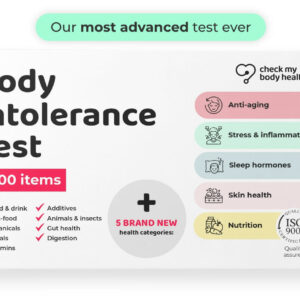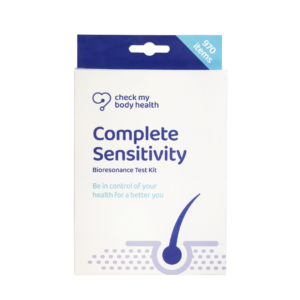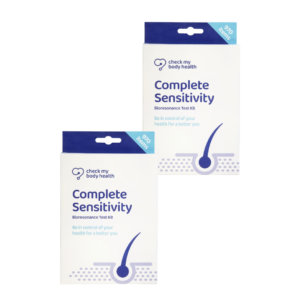Protein, along with carbohydrate and fat, is a macronutrient. (As opposed to the vitamins and minerals, which are micronutrients.) It’s an essential element of our diet as protein is present in every single one of our cells. Protein is important for cellular growth and repair, particularly in the muscle cells – without protein, we’d have no muscles so everyone needs to ensure they’re getting enough protein, not just those who are training or bodybuilding. This essential nutrient also provides energy to fuel us throughout the day.
It’s recommended that adult women consume around 45g of protein a day and adult men consume around 56g daily. This means eating two or three portions of protein each day, where one portion equates to roughly 100g of lean meat, two eggs or three tablespoons of nuts, seeds or beans. Adults working out to a high intensity or looking to build muscle will need more.
Sources of Protein
Most of us think of meat when we think of good protein sources, and we’d be right. Red meat, poultry and fish are all good sources of protein. But with meat, it’s a good idea to consider the saturated fat that is present in fatty, processed meats. Stick to lean meats such as chicken or turkey breast, and fish, and try to keep red meat to a minimum opting for lean cuts of beef rather than sausages, bacon and burgers.
If you’re vegetarian, then eggs provide a good amount of protein, as do low fat dairy products such as plain yoghurt and cottage cheese. But protein doesn’t just have to come from animal products. Vegans, those on a plant-based diet or anyone looking to reduce their reliance on animal based foods can still meet all of their protein needs by eating plant based foods, it just requires a little more planning.
Excellent plant based sources of protein include nuts, seeds, peas, beans (of all kinds including baked beans), chickpeas, lentils, meat alternatives and soya based foods such as tofu. Nut and soya milks and nut butters are also great protein sources.
Having a smoothie each day, made using a protein powder, a milk of your choice and some fruit is great for topping up your protein intake, especially if you’re exercising or training. Protein powders tend to be made using whey protein, which usually comes from cow’s milk, but there are many plant based alternatives available.
Complete and Incomplete Protein
It’s entirely possible to meet your protein needs with plant based protein, but the key is mixing up your protein sources. Protein is made up of long chains of amino acids, often referred to as the building blocks of protein. There are around 20 different amino acids, some are called essential amino acids and the rest are non-essential.
The essential amino acids are named so because it’s essential that we get them from our diet – our bodies can manufacture the non-essential amino acids so it’s not essential that we consume them. Animal based protein tends to include all of the essential amino acids, and is therefore known as complete protein. Different plant based foods tend to contain different types of essential amino acids and therefore tend to be incomplete protein sources. If you’re relying on plant based protein alone, make sure you eat a variety of different nuts, seeds, beans and legumes.
If you’re feeling tired or sluggish, it could be worth looking at your protein intake. Are you getting enough?







